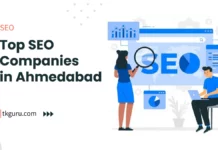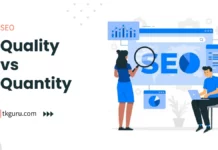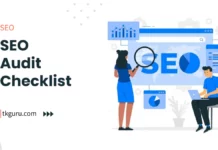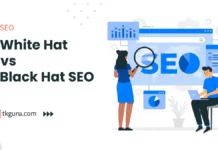Advertisements
Ratings
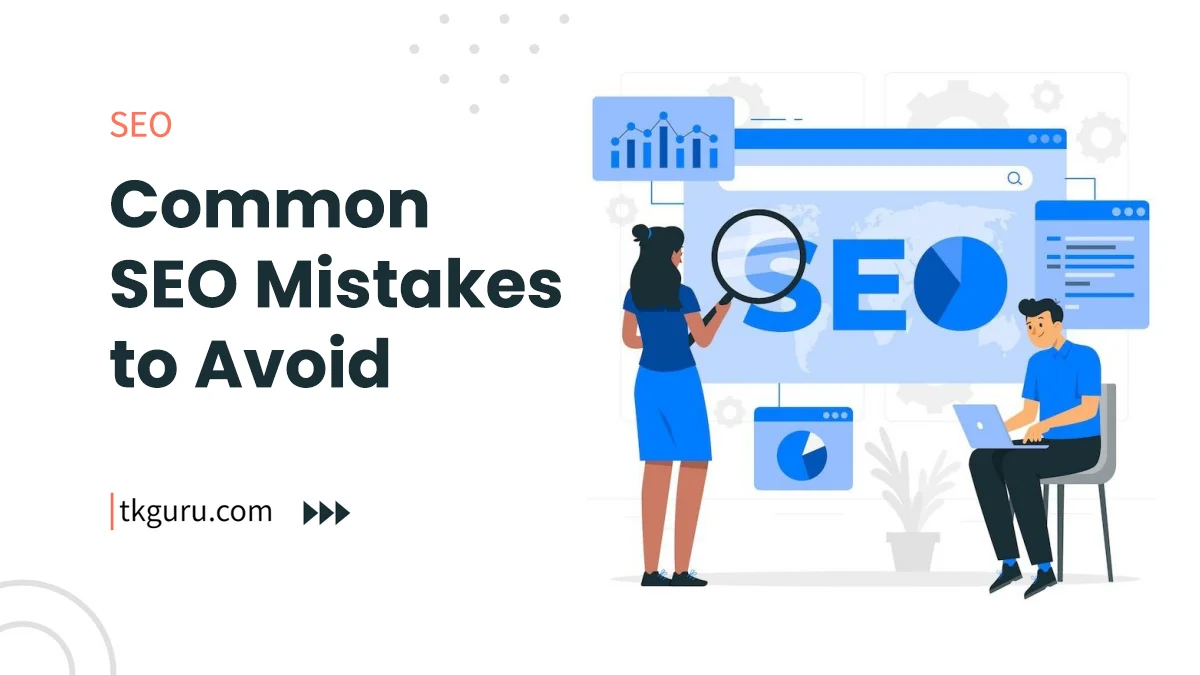
Common SEO Mistakes to Avoid – Search Engine Optimization (SEO) is the cornerstone of digital success, yet it’s riddled with pitfalls that can hinder your website’s visibility and organic growth.
In this article, we uncover the most common SEO mistakes to avoid, offering insights and practical solutions to navigate the intricate world of SEO with confidence.
Contents
1. Neglecting Keyword Research
A. Failing to Conduct Comprehensive Keyword Research
Keyword research is the foundation of effective SEO. It informs your content strategy and helps you align with user search intent.
Neglecting thorough keyword research can lead to misguided content creation and missed opportunities.
B. Overlooking Long-Tail Keywords
Long-tail keywords may have lower search volumes, but they are highly targeted and indicative of user intent.
By focusing on long-tail keywords, you cater to specific user needs, which can result in higher conversion rates.
| Keyword | Search Volume | Relevance | Conversion Rate |
|---|---|---|---|
| “running shoes” | High | Broad | Moderate |
| “best long-distance running shoes for beginners” | Low | Specific | High |
Ignoring On-Page Optimization
A. Lack of Proper Title Tags and Meta Descriptions
Title tags and meta descriptions are your content’s first impression in search results. Optimizing these elements with relevant keywords and compelling descriptions can significantly improve click-through rates.
B. Skipping Header Tags (H1, H2, H3)
Header tags not only enhance content readability but also provide a hierarchical structure that search engines understand. Proper use of header tags improves user experience and SEO.
Poor Website Structure and Navigation
A. Neglecting Mobile Responsiveness
With mobile-first indexing, mobile responsiveness is crucial. A non-responsive website can result in poor user experience, high bounce rates, and lower search rankings.
B. Complex URL Structures
Clean, organized URLs improve user experience and search engine crawlability. URLs should be descriptive and devoid of unnecessary characters and parameters.
Neglecting Technical SEO
A. Slow Page Load Speed
Slow-loading pages frustrate users and lead to higher bounce rates. Optimizing images, leveraging browser caching, and using content delivery networks (CDNs) can significantly improve page load times.
B. Lack of Mobile-Friendly Design
Mobile-friendliness is not an option—it’s a necessity. Responsive design ensures seamless user experiences across all devices, contributing to improved search rankings.
Content Quality and Duplicate Content
A. Producing Thin or Low-Quality Content
Quality over quantity is paramount. Google favors valuable, informative content that satisfies user intent. Comprehensive content with depth and insights is more likely to rank higher.
B. Duplicate Content Issues
Duplicate content can confuse search engines and dilute your ranking potential. Canonical tags, 301 redirects, and unique content creation help address this concern.
Neglecting User Experience
A. Ignoring User Engagement Metrics
User engagement metrics—such as bounce rate, time on page, and click-through rates—are indicators of content quality and relevance. High engagement signals to search engines that your content meets user needs.
B. Lack of Clear Call-to-Actions (CTAs)
CTAs guide user actions and improve conversion rates. Well-placed and compelling CTAs encourage users to take the desired steps, enhancing both user experience and engagement.
Overlooking Local SEO
A. Neglecting Google My Business
Google My Business is a vital tool for local businesses. Ensuring accurate business information, including address, contact details, and reviews, improves local search visibility.
B. Inconsistent NAP (Name, Address, Phone Number) Information
Consistency in NAP information across platforms is critical for local SEO. Inaccuracies can confuse both users and search engines, impacting your local search rankings.
Neglecting Analytics and Monitoring
A. Not Tracking SEO Performance
Regular monitoring of SEO performance through tools like Google Analytics and Google Search Console is essential. Analyzing metrics helps identify areas for improvement and refine strategies.
B. Failure to Adapt to Algorithm Updates
Search engine algorithms are constantly evolving. Staying informed about algorithm changes and adapting your strategies accordingly is vital to maintaining and improving search rankings.
Avoiding common SEO mistakes is imperative for sustained digital success. By addressing keyword research, on-page optimization, website structure, technical SEO, content quality, user experience, local SEO, and analytics, you build a solid foundation for a robust SEO strategy.
Consistently adhering to best practices, staying informed about industry trends, and fostering a user-centric approach will empower you to navigate the intricate SEO landscape with confidence, driving higher visibility, organic traffic, and conversions.
Common SEO Mistakes FAQs
What are common SEO mistakes to avoid?
Common SEO mistakes include:
- Ignoring keyword research: Not targeting relevant keywords can lead to poor search rankings.
- Overlooking mobile-friendliness: Failing to optimize for mobile devices can hurt user experience and rankings.
- Neglecting on-page optimization: Poorly optimized titles, meta descriptions, and headings can impact search visibility.
- Neglecting technical SEO: Ignoring issues like broken links, slow page speed, and duplicate content can harm rankings.
- Ignoring user experience: A poor website design and navigation can lead to high bounce rates.
How can I avoid keyword stuffing?
Keyword stuffing, the excessive use of keywords, can harm SEO. To avoid it:
- Focus on creating high-quality, natural content.
- Use keywords organically in titles, headings, and throughout the content.
- Prioritize readability and user experience over keyword density.
Is buying backlinks a good SEO strategy?
No, buying backlinks is not a good SEO strategy. Low-quality or paid backlinks can lead to penalties from search engines.
Focus on earning high-quality, relevant backlinks through content and outreach.
Can using duplicate content hurt my SEO?
Yes, using duplicate content, especially across different pages of your own site or from other websites, can harm SEO.
It can lead to confusion for search engines and lower your rankings. Aim for original and unique content.
How can I recover from a Google penalty?
To recover from a Google penalty:
- Identify the reason for the penalty (e.g., thin content, unnatural backlinks).
- Address the issue by fixing the problematic content or links.
- Submit a reconsideration request if applicable.
- Focus on improving the overall quality and compliance of your website.
Avoiding common SEO mistakes is crucial for maintaining and improving your website's search rankings and overall performance.
By following best practices, focusing on quality content, and staying up-to-date with SEO trends, you can create a strong foundation for successful SEO efforts.
| Web Hosting | Website |
| WordPress | Google Adsense |
| SEO | Affiliate Marketing |
| Blogging | YouTube |
Recent Posts
- Top 6 SEO Companies in Ahmedabad 2024: Unlock Success with the Top SEO Companies in Ahmedabad
- Top 5 SEO Companies in Kanpur 2024: Discover the Top-Rated SEO Companies in Kanpur
- Quality vs Quantity: The Importance of High-Quality Backlinks
- E-A-T and SEO: Expertise, Authoritativeness, Trustworthiness
Related Tags
seo mistakes to avoid in 2023, common seo mistakes in digital content production, how to find seo errors in website, types of errors in seo, what is the difference between on-page and off-page seo and why are both important?, most common seo tools, seo errors checker, problems with seo in digital marketing

